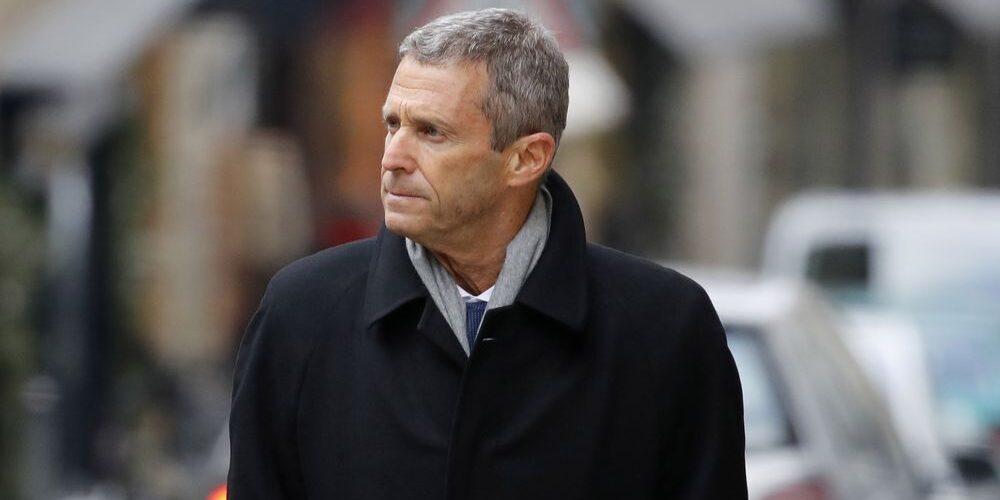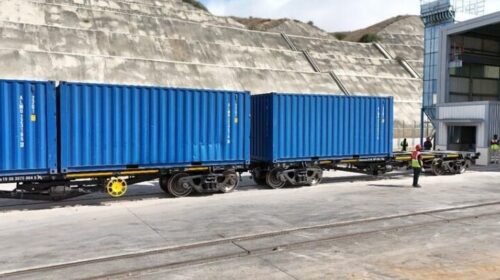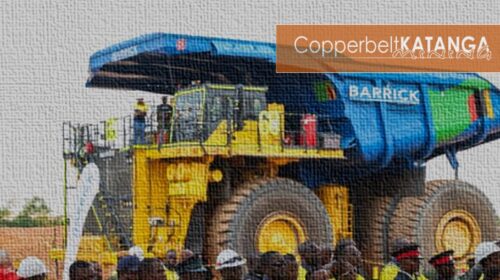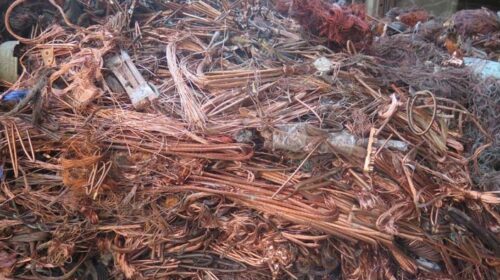How some foreign operators exploit weak protections in Africa’s extractive sectors
Former US president Donald Trump’s last minute controversial removal of sanctions against an Israeli businessman named in corruption scandals in DR Congo’s mining industry and the jailing of another international commodity broker for bribery in a Guinea iron ore scandal this month shows just how vulnerable Africa’s lucrative resources sector has long been to international operators.
For too long Africa’s mineral wealth has failed to uplift the majority of ordinary citizens out of poverty. Resource-rich countries including Zimbabwe (gold, platinum, diamonds) , Sierra Leone (diamonds), DRC (copper, cobalt, gold, diamonds), Guinea (iron ore, bauxite) and others still trailing on various global poverty and human development indices.
Reports and investigations have often focused on powerful politicians as the main beneficiaries of their countries’ mineral wealth often through corruption and kick-backs from mining corporations. But the key role of international players, often as the middlemen in corruption and bribery scams, particularly in the mining sectors is less covered.
The two cases of Israeli mining billionaires in Guinea and the DRC show how weak governance and operational systems across Africa are easily exploited by foreign interlopers often in partnership with government insiders.

The global extractive sector is notoriously prone to corruption, says the National Resources Governance Initiative, but this is particularly so in the developing and emerging markets. The sector accounts for one in five cases of transnational bribery, according to the OECD.
Gertler & Steinmetz
Pressure groups including Global Witness are demanding that new US president Joe Biden restore sanctions against mining billionaire Dan Gertler who benefited from a last minute relaxation of a US embargo against him by the outgoing Trump administration.
The US had placed Gertler under Global Magnistsky sanctions in 2017 for amassing a fortune through “opaque and corrupt mining deals” from his close friendship with former Congolese president, Laurent Kabila. A year after Gertler was put on the US sanctions, copper-cobalt miner, Glencore agreed to pay him about $50 million in royalties from copper mines he had obtained under what have been described as corrupt circumstances in the DRC.The Congolese state has lost around $1.4 billion through Dan Gertler’s “suspect deals and outsized influence” in the country’s mining sector, says Global Witness.
Gertler evaded the US sanctions since 2017 through an intricate money laundering network involving regional and international finance institutions to “funnel millions of dollars abroad, and acquire new mining assets in the DRC, found an investigation by Global Witness.
These transgressions fueled concerns by transparency campaigners that once again Africa’s mineral wealth is being used to enrich international players at the expense of development for ordinary Africans on the continent.
The Congolese state has lost around $1.4 billion through Dan Gertler’s “suspect deals and outsized influence” in the country’s mining sector through buying mining assets at discounted prices before re-selling them, says Margot Mollat du Jourdin, a campaigner at Global Witness,
This is a strategy that had also been perfected by another Israeli businessman, Beny Steinmetz who was jailed in Geneva this month for bribery and corruption in the iron ore-rich West African country of Guinea.
Steinmetz, was convicted for paying $8.5 million to bribe the wife of the late former Guinean president Lansana Conte to land the Simandou mines claims previously owned by Rio Tinto and was sentenced to five years in jail. Steinmetz denies the allegations and intends to appeal his sentencing. The court in Geneva, where he lived at the time the bribery events occurred, found that he later sold the claims to Brazilian resources group, Vale for $2.5 billion.
As the Simandou iron ore claims were traded by dealers and shareholders in boardrooms far from the West African country, there has been no development of the claims on the ground as the rights for both BSGR and Vale have been revoked by Guinea.
This was after the government pursued investigations into the corrupt awarding of the mineral rights. The Global Justice Foundation said the fall of Steinmetz exposes “the shady and complex world of deal-making and cutthroat competition in the lucrative mining business” in Africa.
![]()





